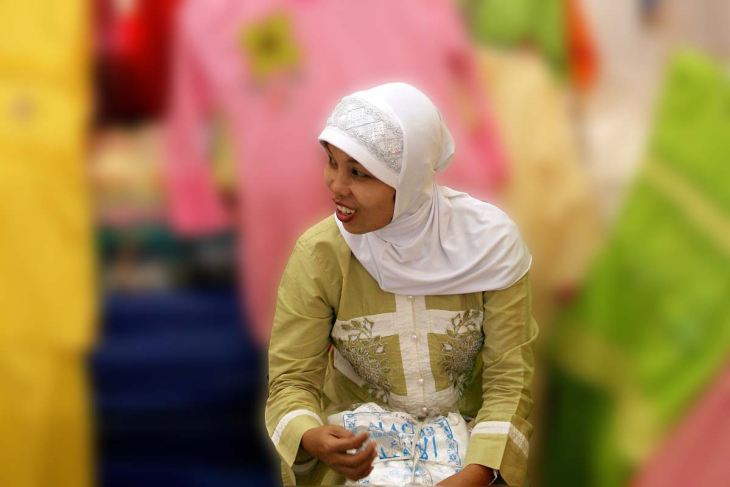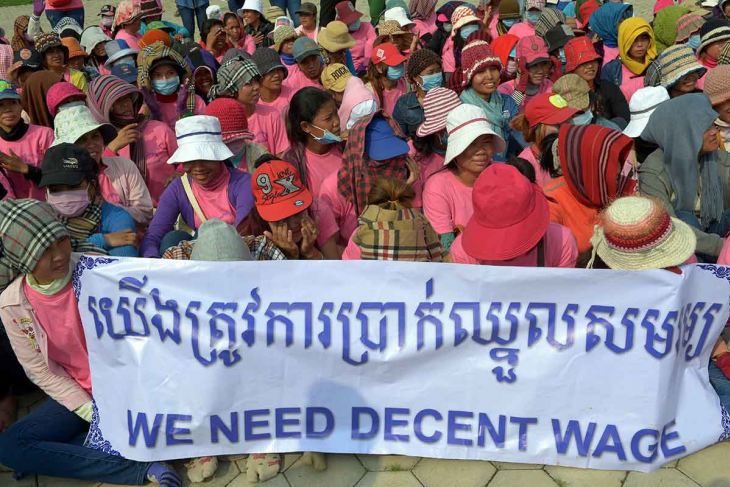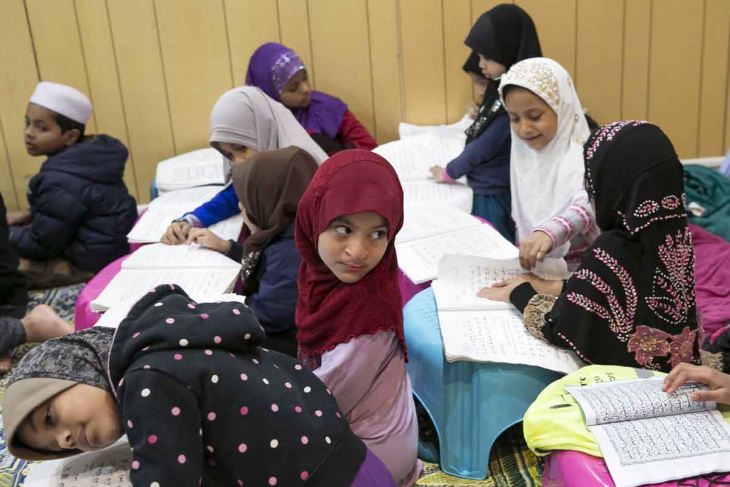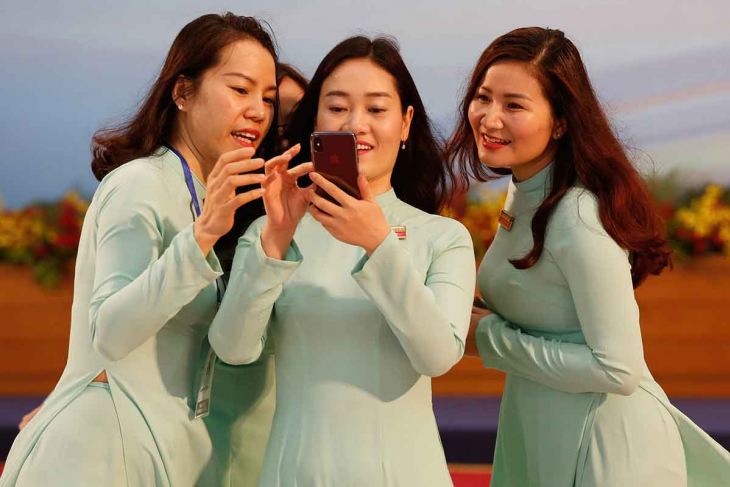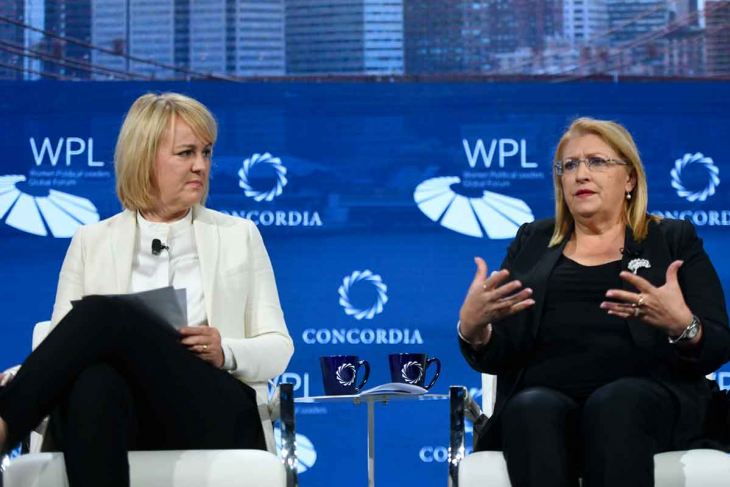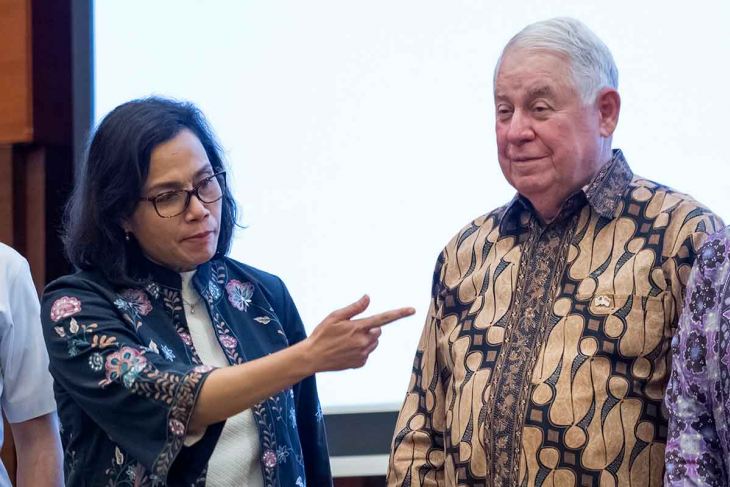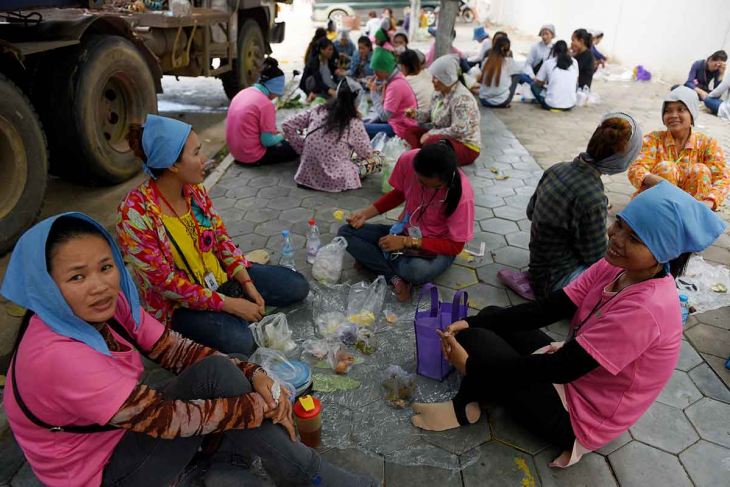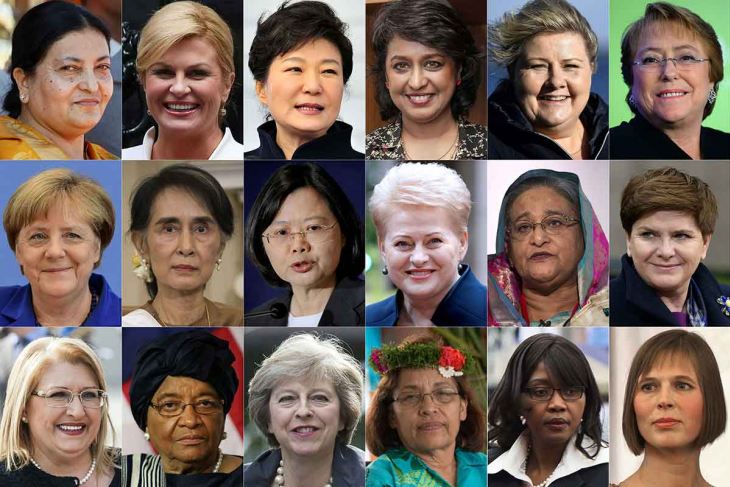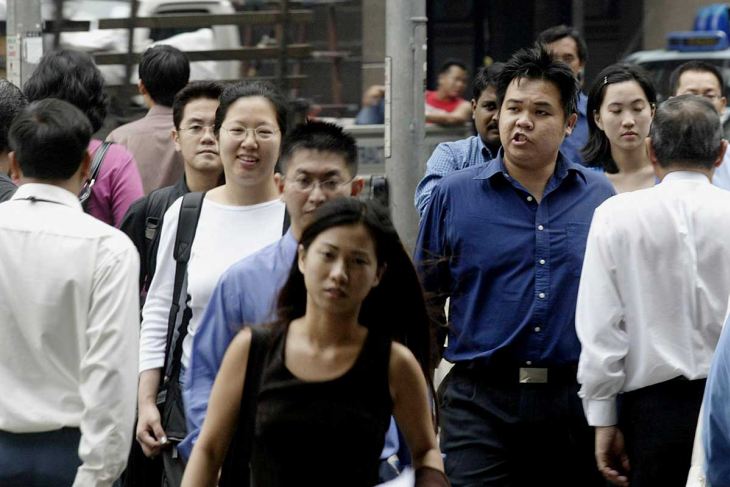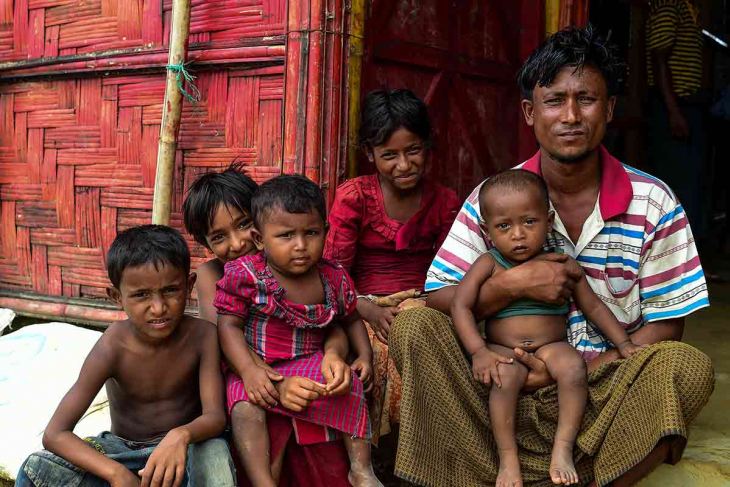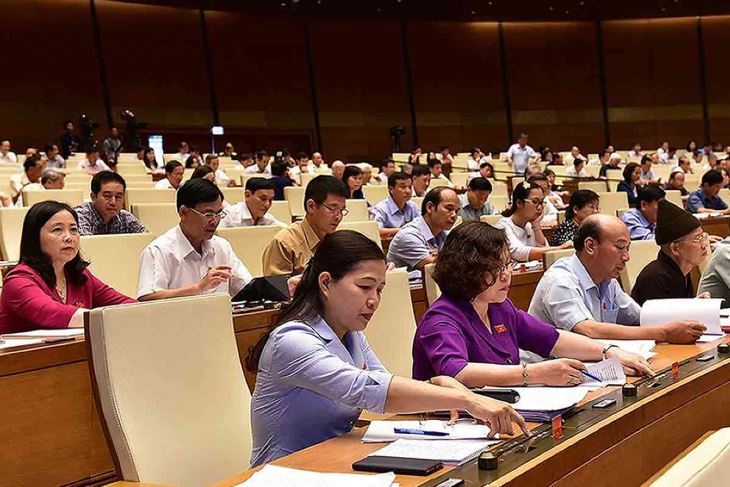Are ASEAN businesswomen being ignored?
A vibrant small medium enterprise (SME) ecosystem holds the key to achieving broad-based and inclusive growth in developing countries. Now with technological advancements, micro enterprises have the same opportunities to reach out to the international market as do SMEs. Destry Anna Sari, Chair of the ASEAN Coordinating Committee on Micro, Small and Medium Enterprises (ACCMSME) stressed the importance of providing a conducive ecosystem for micro-enterprises to thrive in.
